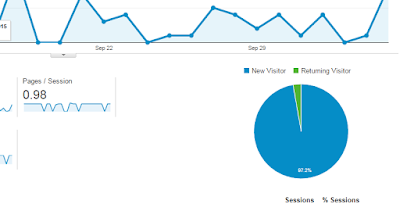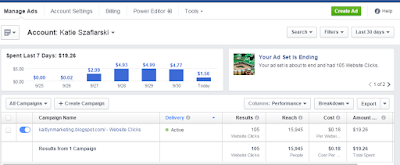Before you go further into your job hunting process, take the time to figure out what places that would fit your interests. You might not think that you have much of a say in choosing where you work, but you do. Start by following a few simple steps.
Find Out What Careers Your Skills and Interest Point Towards: If you made the flower diagram that I mentioned in my last post, you should have some type of idea what your interest and skills are. If you don't know, now is the time to figure it out. Once you have a list of interests or fascinations, pick the top three from that list. These will be your top three knowledges. Then, take the time to choose your top five transferable skills.
Once you have a small list of your top knowleges and transferable skills, take the time to show them to your friends, family, or professionals that you know. Ask them what jobs would fit your interest and skills and be sure to take note of the answers they provide. Once you have a few ideas, take the time to explore the job suggestions
 Try On the Careers: To do this, you need to talk to people who already have positions in the careers you are interested in. Ask them questions and get to know how they feel about the work that they do everyday. Some helpful questions to ask are:
Try On the Careers: To do this, you need to talk to people who already have positions in the careers you are interested in. Ask them questions and get to know how they feel about the work that they do everyday. Some helpful questions to ask are:How did you get into this work?
What do you like most about it?
Where else can I find people who do this type of work?
This process is called personal interviewing. To get the most out of this step, ask as many questions as possible so that you can get valuable information about the careers you are considering.
Find Out What Organizations Have Jobs That Fit You: Different jobs have different hiring options. Some offer full time, other offer only part time. Maybe some organizations you are interested in are only hiring temporary or contract workers. There are also internships, and volunteer opportunities in a number of companies. So, figure out the type of work you are looking for, and see what companies match your interests, but don't rule out a company because at the moment they are only hiring contract workers. You never know, maybe eventually they will offer you a full time position.
Find the Names of Organizations Interest You: Once you have an idea about the job you would like to have, you need to find the places that have those jobs. To get started, take a look on LinkedIn, talk with professionals, and use the Yellow Pages.
It is also important to remember to narrow down your search. For instance say you want to get into the communications field. Don't search for jobs that just entail communications. Instead, narrow it down. A narrower search would be: I want to work in the communications field, in a corporate environment, somewhere in Chicago, where they sell makeup products, and have a 50 or fewer employees.
Learn As Much as You Can Before Approaching: Now that you have an idea of where you think you would like to work, do some research on the company. Find out about their company culture, the goals that their company has, and the company's vision for the future. Then, determine if it is actually a place where you would enjoy working. Some ways that you can determine if the place is for you is by looking on the internet, asking friends and neighbors, and even talking to people who work at the company.
So, the job hunting process is difficult at times, but remember that you have a choice in where you end up working. It should be at a company that fits your skills and interests. Most importantly you should find a place where you will enjoy working!















